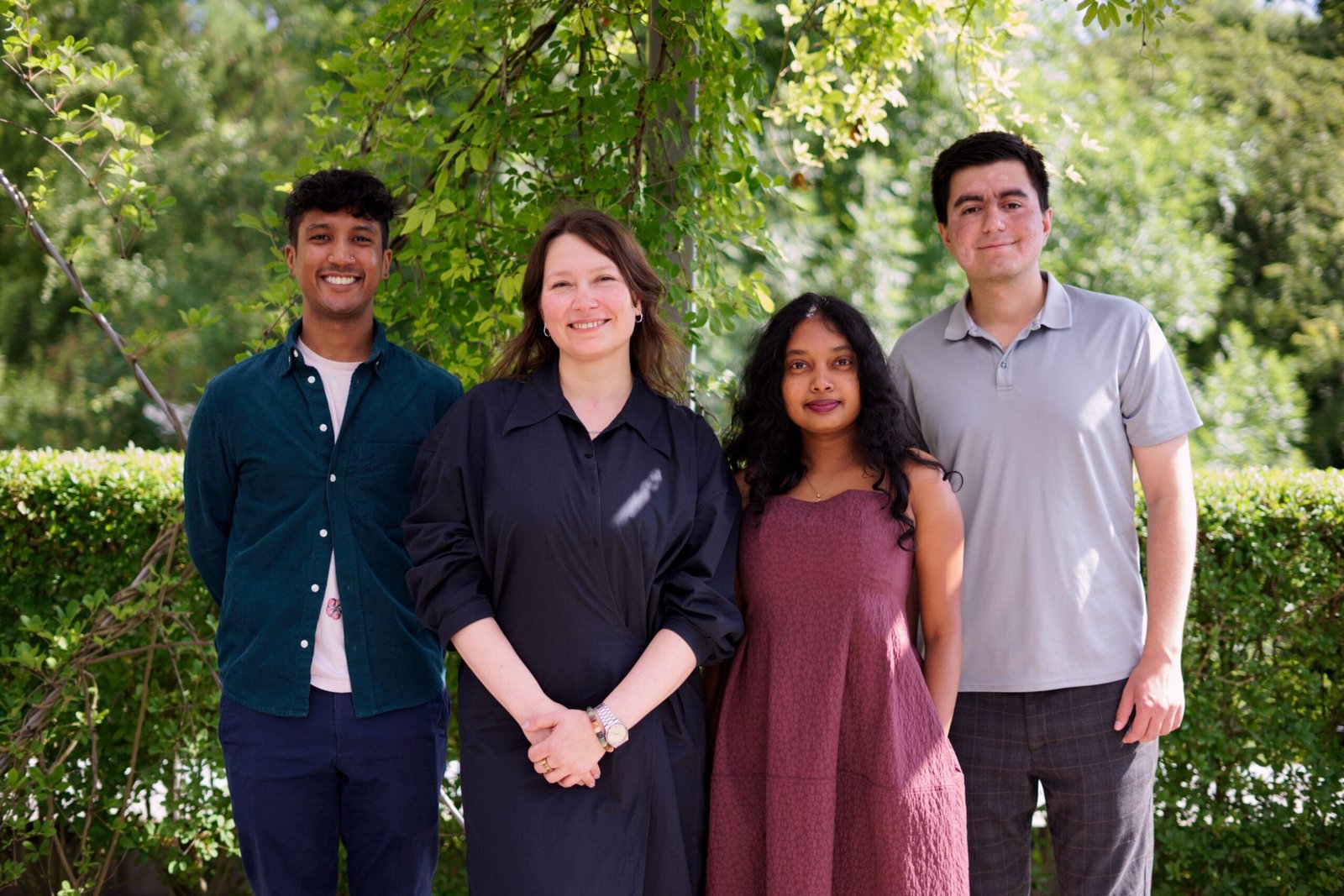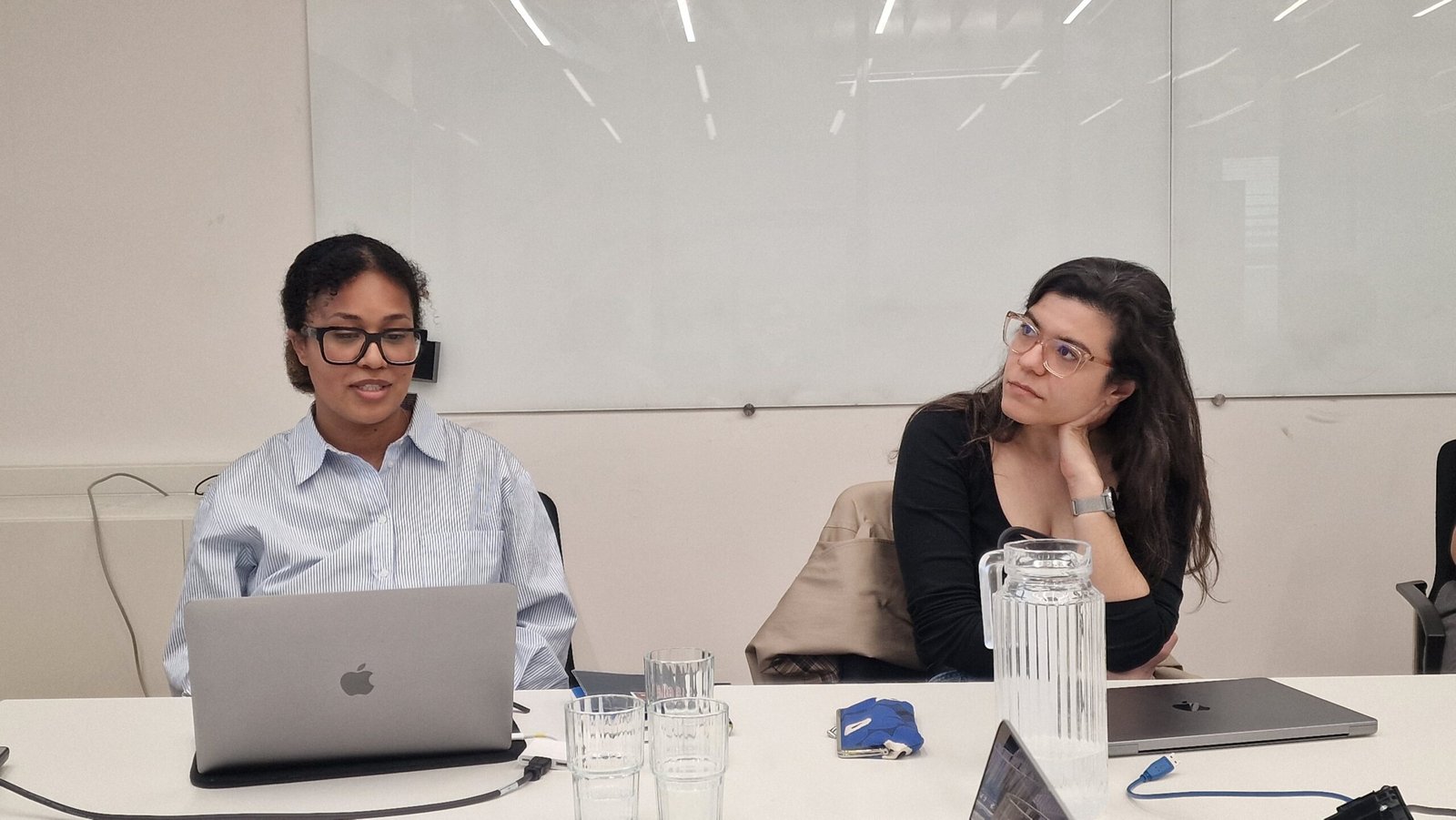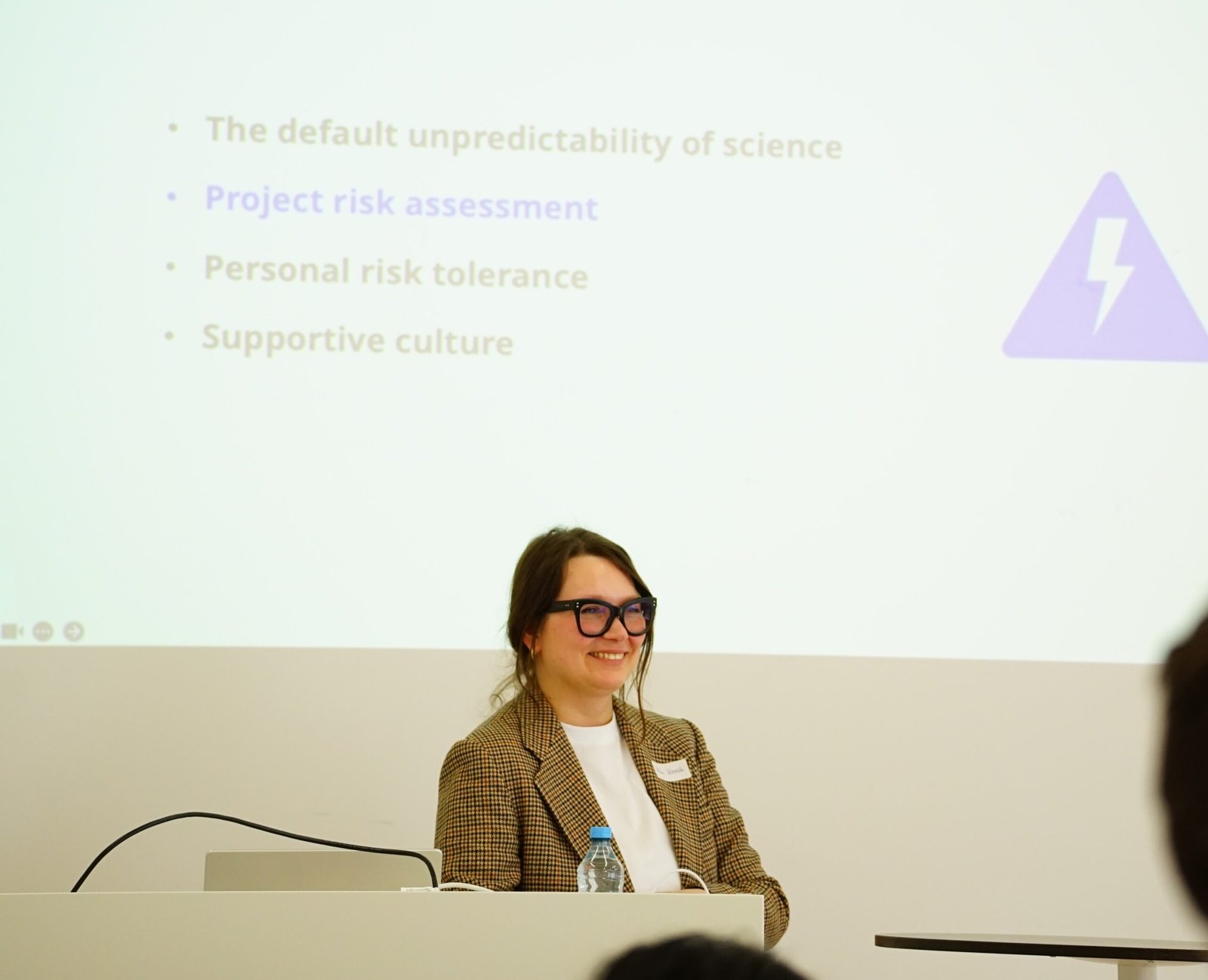Image attributions: Mara Seyfert
Law, AI and Society Group
The Law, AI, and Society Group, led by Dr. Alina Wernick, explores the dynamic relationship between artificial intelligence (AI) and legal frameworks, focusing on their broader social and societal impacts. Our research investigates how law can balance the promotion of AI research and development with the need to regulate the technology’s potential risks—such as surveillance, discrimination, power imbalances, and threats to fundamental rights or follow-on innovation. By integrating insights from social sciences and empirical research, we also address the limitations and blind spots in AI regulation, including issues of unenforceability and the mismatch between legal frameworks and the capabilities and functioning of AI as well as the evolving scientific, industrial, and societal contexts.
The group is part of the CZS Institute for Artificial Intelligence and Law at the University of Tübingen (UT). It is also an associated member of the Cluster of Excellence Machine Learning for Science (UT). The group is funded by the UT and the Carl Zeiss Stiftung.
Group Philosophy
Our research group investigates legal questions raised by artificial intelligence (AI) and AI-driven technological convergence. As AI transforms science, industry, and society, understanding its impacts—often diffuse, systemic, and large-scale—demands an interdisciplinary lens. We believe that meaningful engagement between law, computer science, the social sciences, and the humanities is essential to ensuring AI benefits society and that regulation is responsive to its real-world application contexts.
News
October 2025
- Alina will present a poster on “Organoid reservoir computing as an object of regulation” at Research Frontiers Workshop on Scientific Machine Learning “Navigating the Bermuda Triangle of Knowledge Infusion, Explainability, and Scientific Discovery” in Stuttgart from Oct 7ᵗʰ–10ᵗʰ.
September 2025
- Sanidhya had the pleasure of attending the Aligning AI and Society Workshop at UNC Chapel Hill and presenting a poster on Deepfake Enforcement Regulations.
June 2025
- Alina presented a paper “Evaluating the Contextual Integrity of False Positives in Algorithmic Travel Surveillance“, co-authored with Alan Medlar, Sofia Söderholm, and Dorota Głowacka (all based at Helsinki Uni), at FAccT ’25.
- Alina and Kristof published a pre-print “Beware! The AI Act Can Also Apply to Your AI Research Practices the title“, on AI Act’s research exceptions.
- Alina’s and Kristof’s paper on AI Act’s research exceptions was accepted to Regulatable Machine Learning Workshop at at NeurIPS2025.
- Alina had the honour to present “Governing Knowledge Commons Framework:
Stage-Setting Reflections. Convergence Conference on Governing Knowledge Commons” alongside Mike Madison at Villanova University, USA. - Alina gave a talk on her novel research on “Is the AI Act fit for biological computing? A case of cerebral organoid intelligence” at the Tübingen Summer School on AI and Law 2025.
March 2025
- Rabanus Derr gave a lightning talk on “Being Accurate: The EU AI Act on Accuracy.” a joint work with Alina and Bob Williamson at the conference ACM Symposium on Computer Science and Law. TUM Munich, Munich, Germany, 25.03.2025
- Alina gave a presentation on Brain Organoid Intelligence – Legal Questions on the Emerging Computing Frontier. The 5th International Interdisciplinary Symposium between Doshisha University and the University of Tübingen.



